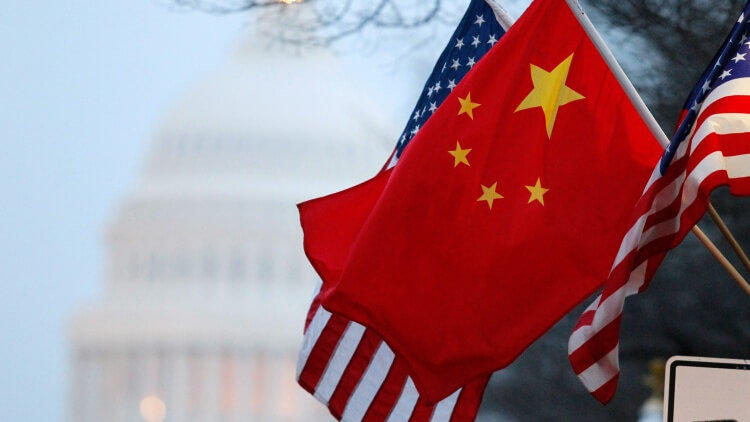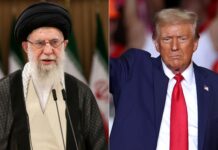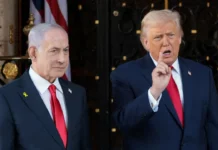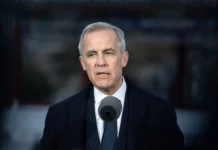MEW DELHI: While the world is still battling with the coronavirus pandemic which originated in Wuhan, China is expeditiously taking over international institutions.
Last week, the US terminated its relationship with the World Health Organization (WHO). Justifying its action, US President Donald Trump argued that the WHO had failed to hold Beijing accountable over the coronavirus pandemic because China has total control over it.
Trump said that Washington will redirect funds to other bodies and reconsider his decision, only if the organization makes “major substantive improvements” in the next one month. The US is the biggest source of funding for the WHO, and its exit is likely to significantly weaken the organization.
The move has triggered panic in the EU which has appealed Trump to reconsider his move in view of the ongoing crisis caused by the coronavirus pandemic.
In an NYT article written by India’s former Foreign Secretary Vijay Gokhale has argued that the US relinquishing its position in organizations like WHO is playing right into China’s hands. It suits the Xi Jinping regime if the US “falters and the world spins into crisis” because it provides opportunities to China to take over the institutions like WHO and the UN.
China, he wrote, is in the midst of a fierce battle to salvage its reputation. “Under fire for their part in the pandemic and reproached for their move to assert control over Hong Kong, the country’s officials are in firefighting mode.
“Their approach has two parts. First, sell the China story — emphasizing its success in the fight against the coronavirus and glossing over its initial errors. Second, attack those who seek to tarnish the country’s image.”
As per his analysis published in the NYT, China would not go to the “trouble of capsizing the global order when it can simply take it over, whole and intact”.
Urging the US not to abdicate its role as the world leader, Gokhale wrote, “The world needs American leadership to remind it that respect for freedom and human dignity provides the best path to a shared future of humankind.
“The Beijing model — where an authoritarian party-state single-mindedly exalts economic betterment over free political choice — may look attractive to some. But it cannot be widely emulated.”
Democracy, by contrast, he wrote, is based on universal principles that can be followed everywhere, by everyone. “And if the West can’t recover its faith in the universal power of democracy — from India to Indonesia, Ghana to Uruguay — China could then take the world, as it is,” the foreign secretary predicted.







